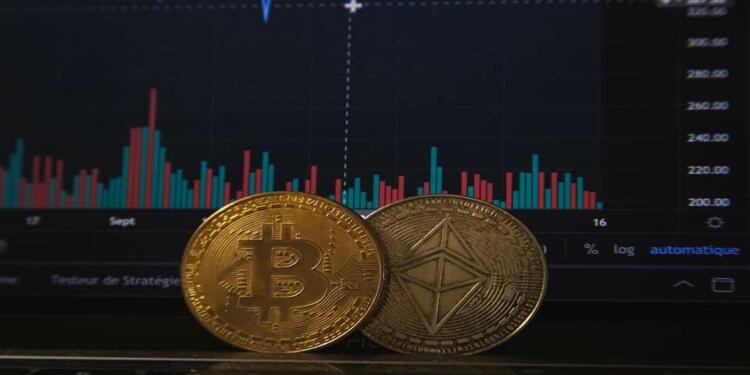The internet has given the convenience of people to do things online, including financial transactions. As cryptocurrency gains mainstream popularity, more people are exploring digital currency for its financial control benefits. Platforms like Sportsbet India have made online betting for Indian sports easier than ever before with its offering, including secure transactions using cryptocurrencies like Bitcoin.
However, this increased accessibility also raises concerns about volatility and security. After all, it’s not all rainbows and roses when it comes to cryptocurrency and similar trends. The accompanying non-fungible tokens (NFTs) have been snuffed out of the game as the NFTs are now practically worth nothing. Once the NFTs have died out, attention is now focused on how far cryptocurrencies, including Bitcoin, can last before meeting a similar fate.
Recent incidents, like the $53 million security breach at CoinEx on September 12, highlight the potential risks. Despite robust security measures, hiccups can still occur. CoinEx is now recovering and plans to resume deposit and withdrawal services for major cryptocurrencies, such as Bitcoin, Ether, Tether, and USD Coin, starting on September 21.
Additionally, the exchange is upgrading deposit addresses to prevent potential token loss in old addresses. Yet, the question and concerns remain.
More security measures
Blockchain technology provides a secure foundation for cryptocurrencies, making fraud and theft less common. However, the discovery of private keys can lead to cybercrime, including malware or ransomware attacks.
Blockchain security firm SlowMist reported that blockchain-related hacks have led to losses totalling $30 billion since 2012, resulting from 1,101 hacking incidents over the past decade. These attacks targeted vulnerabilities such as contract flaws, rug pulls, and flash loans, with contract vulnerabilities accounting for nearly 12% of all hacking incidents. A significant event was the Ronin Bridge exploit, where hackers looted over $600 million worth of ETH and USD Coin, marking the largest hack in blockchain history.
Despite timely responses from the authorities and developers, blockchain security remains a challenge. Increased code audits and security measures are necessary to protect against the potential of large-scale hacks. The future of cryptocurrency may involve increased regulation to enhance overall security.
International efforts are ongoing to strengthen cybersecurity and cooperation in combating crypto-related hacks and cybercrime, highlighting the potential of blockchain technology to enhance global financial system security.
On a personal level, understanding how to securely store cryptocurrency is essential as more people enter the digital currency space. Basic knowledge about storage options, such as exchanges, and hot and cold wallets, is crucial.
Remains a popular option
Despite security options, cryptocurrency remains a popular method for punters due to its level of security and anonymity. Developers created blockchain technology to ensure that transactions are safe from cybercrime. Although there are cases where these security measures are proven to be not enough, it is still safer than their traditional counterparts like credit or debit cards.
Many societies around the world still see betting as socially undesirable. Religions, for example, see betting as sinful. Even in places where certain forms of betting are legal, the stigma is still going strong as people associate betting with unhealthy addiction.
Cryptocurrencies allow a somewhat anonymous betting with their pseudonyms. Anonymous betting does not reveal the names of bettors and thus prevents them from stigmas. With this anonymity, punters do not have to deal with stigma-related criticisms.
In addition, the involvement of Blockchain has arrived as a solution to ensure fairness and integrity in betting. As the network verifies the bets and outcomes without external intervention, people trust the blockchain to ensure no one gets away with fraud. There is also an innovation called Provably Fair that ensures that a game is fair and transparent, allowing players to verify for themselves whether a game is rigged or not.


























